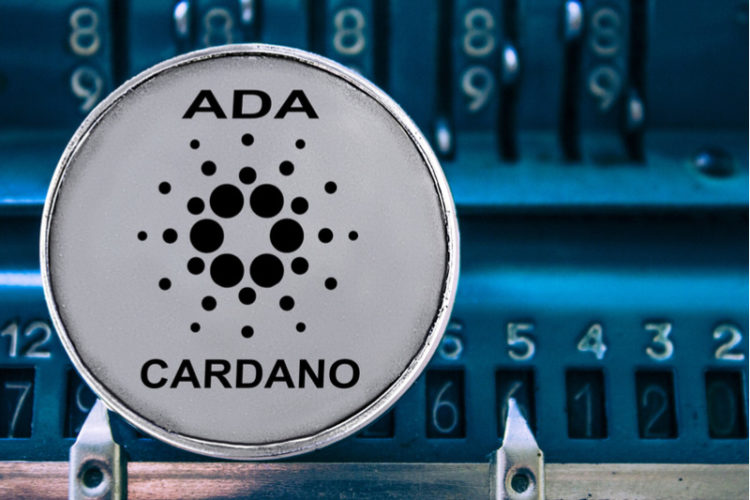Over the past few days, some questions have been raised on Cardano and its smart contract platform, Plutus. To be implemented with Hard Fork Combinator event Alonzo, the platform is currently on its final testing stage, and it’s expected to go live in the short term.
The concerns and rumors were mostly discussed on social media platforms, such as Twitter and Reddit. The main issue revolved around Cardano’s capacity to handle a high number of transactions in a determined smart contract.
This is due to the protocol’s ledger approach, and their Unspent Transactions Output (UTxO) blockchain model. The source of the rumors was apparently originated from a product called Minswap, currently testing Plutus, as user “HoneyGramOfficial” reported on the subreddit r/Cardano.
Minswap “rushed” to launch their product and users interacting with it reported failures. Cardano detractors claimed that the blockchain UTxO model without a fee gas market will cause the platform to have issues upon Plutus’ launch. Developer Foobar (Oxfoobar) said:
Cardano is BTC with better UTXO validation and worse decentralization. Both the UTXO model and Hydra liveliness reqs are incompatible with most smart contracts, even Uniswap. Centralized relayers required.
Cardano’s developer IOG quickly responded to what they classified as “social media speculation”, and “outright FUD & misinformation”. The company went on to clarify that the network does have a different “programming paradigm” than Ethereum, the blockchain with most DeFi applications. IOG added:
The specific flavor #Cardano uses is the eUTxO – or extended model which we believe offers greater security, allows for fee predictability (no nasty surprises…) and offers more powerful parallelization.
Responding To “FUD”, The Cardano Community Reacts
In addition, IOG said that, unlike what the rumors were claiming, dApps build on top of Cardano can process more than 1 transaction per block. This is part of the developers’ work to design their dApp with “multiple UTxOs” and enforce “more parallelism”.
The company committed to continuing to inform the community, users, and developers about the technical elements of Cardano. The community has also provided educational material and tools to understand the ledger approach.
Despite the fact that the Minswap launch could have led to the rumors, IOG congratulates the project on its launch and claimed, “this is what a testnet is for”. In addition, the company highlighted that the smart contract ecosystem on Cardano is at its early stage.
Related Reading | New To Bitcoin? Learn To Trade Crypto With The NewsBTC Trading Course
Thus, there is room for growth and improvement, IOG hinted. According to the company, there has been a great deal of participation and excitement around Plutus. They expect an “explosion of activity” in the coming months.
Hundreds of developers have completed the #Plutus Pioneers course. Scores of projects have already started developing in Plutus & are at various stages of expertise and readiness. #ProjectCatalyst saw 800 project applications last week seeking $4M for #BuildingOnCardano.
Despite the negative news, ADA’s price barely reacted. The cryptocurrency dropped a few percentage points, and quickly recover to its current levels moving sideways over the past day.
At the time of writing, ADA trades at $2,85 close to its all-time near $3. The resilience of the price, even when facing a strong attack, speaks to the investors’ confidence in the project. If Cardano, its developer IOG, and community are successful, ADA could go for another leg up into uncharted territory.
Credit: Source link












































































































































